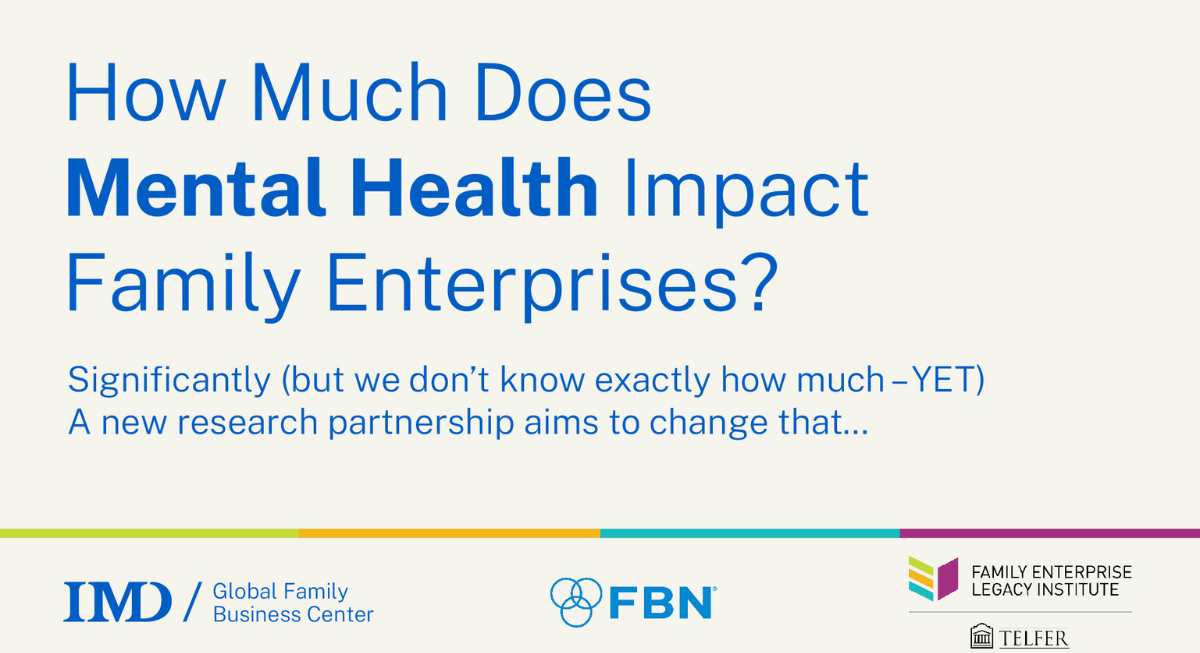The government of Canada has taken unprecedented measures to contain the COVID-19 outbreak and keep Canadians safe. Physical distancing is undoubtedly an important mitigating strategy, but it also creates challenges for Canadians.
Many employees are suddenly navigating through uncharted waters from having to work from home and cope with new job tasks or the lack of childcare support. Others face financial uncertainty as the COVID-19 crisis hits the economy. How does this new work-life reality impact employees’ mental health and how can organizations support their employees during these uncertain times?
To answer some of these questions, we interviewed Dr. Jennifer Dimoff, an Assistant Professor at the University of Ottawa’s Telfer School of Management. Her research focuses on the role managers play to foster mental health in the workplace. Professor Dimoff is also part of a research team that has received a Novel Coronavirus Rapid Research Funding Opportunity by the Canadian Institute of Health Research. The team of researchers from Saint Mary’s University, the University of Ottawa, Cape Breton University, and Mount Allison University will examine how organizations respond to the COVID-19 outbreak and how their practices, policies and communications encourage or discourage health-promoting behaviors among their employees. The researchers suggest that employers also have a public health role to play.
1. How do you think the new reality Canadians are facing during the COVID-19 crisis will impact employees' mental health? What are the main challenges they face?
All employees are, and will be, facing unique challenges due to the COVID-19 outbreak, and these challenges are, undoubtedly, exacerbated for employees who have school-aged children or take care of other family members who no longer have access to care. Yet, for many people, work requirements continue. This situation resonates highly for me as the mother of a young toddler. All of this creates a perfect storm for work-life conflict and ensuing stress, which can contribute to strain, burnout, and potentially poor mental health.
Many people are also dealing with job uncertainty. Job loss and unemployment are certainly related to increased risk of mental health issues. However, the Federal Government of Canada is responding in an extraordinary way to support people by issuing Support Benefits to help employees who lose their job or who are unable to work due to the loss of childcare. Still, when people are experiencing high levels of stress, they are sometimes unable to recognize and seek out the resources that are available to them. The biggest message here is for employees who need these resources to use them–this is what they are here for.
2. Physical distancing can take a toll on employee mental health. How can employers and managers help employees navigate these challenges?
Extraordinary circumstances call for extraordinary responses, but they also call for human responses. Employers and managers can strive to treat their employees as people first. Managers can encourage safe, virtual forms of socialization among employees in order to help maintain morale and mental health. Social isolation can be very problematic for mental health, so reminding employees to connect with family and friends virtually or by hosting virtual meetings that involve social activities (above and beyond "business as usual") can help bring humour and positivity to a time that can feel very daunting and uncertain. Connectedness is so very critical right now. Fostering connectedness will help protect employee mental health and wellbeing.
3. How can organizations promote mental health in their workforce right now?
Employers can recognize that “business as usual” may not be possible in all situations – that some concessions may need to be made in the short-term to ensure the long-term survival and success of the organization and its employees.
They can make sure that front-line managers are well-equipped to communicate with employees and offer flexibility. This flexibility may come in the form of reduced work hours, different work hours, or other accommodations.
Employers can actively promote psychological health by reminding employees to maintain physical health too – exercise, get outside (if possible), eat nutritious foods, and do activities that are relaxing and restoring.
4. What’s your advice for front-line managers to continue supporting their team during the COVD-19 crisis?
Supportive managers regularly contact their team, ask how they are doing, communicate gratitude to their employees, and make sure that their employees know they are cared about and valued. Expressing appreciation at times like this can go a very long way.
Managers can make sure to provide employees with the appropriate resources and tools needed to do their job safely and effectively, such as telework software or VPN access if employees are working at home, or self-protection equipment and training on hygiene and self-care for employees who must continue working on site.
Training will also be critical to easing the learning curve for employees whose jobs are shifting to include new or different duties. For instance, one call center in Canada has moved their workers to a work-from-home scenario, but in order to be effective, call center employees must have landlines—something many employees do not have. As a result, the employer ordered and shipped landline telephones and paid for associated services so that employees can safely work from home.
Pandemic or no pandemic – managers can be a huge lifeline of support and information for employees.
Jennifer Dimoff is an Assistant Professor at the University of Ottawa’s Telfer School of Management. Her primary area of research focuses on the intersections between leadership, occupational health and safety, and employee training and development.











